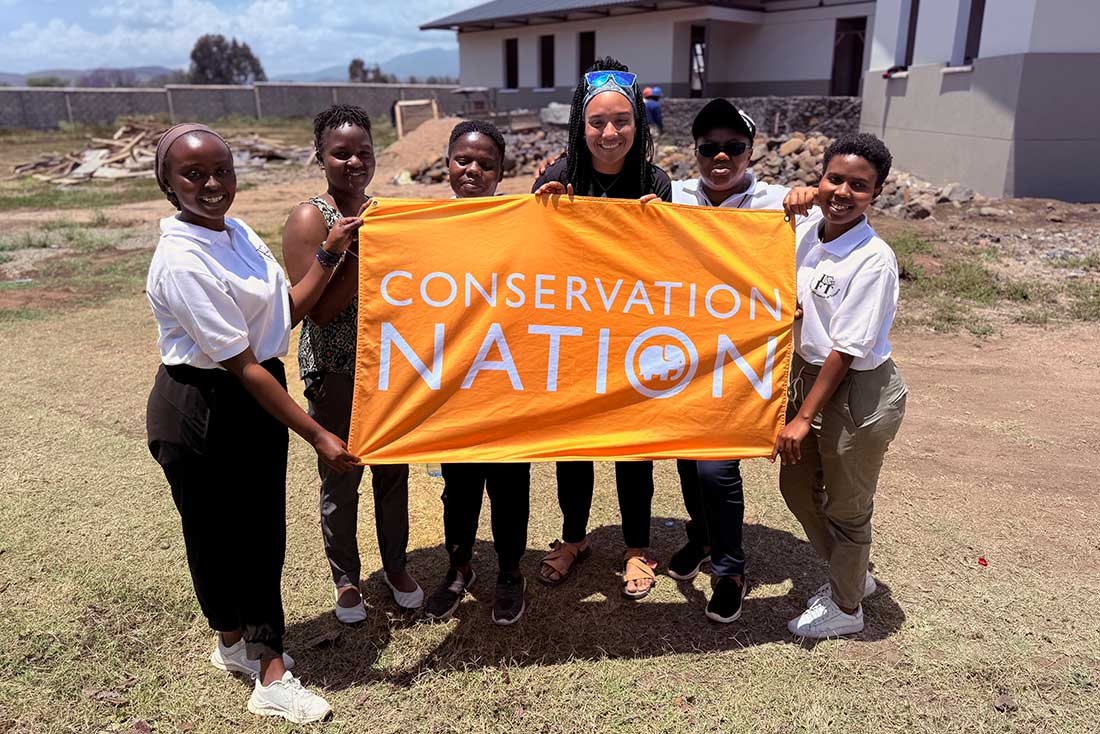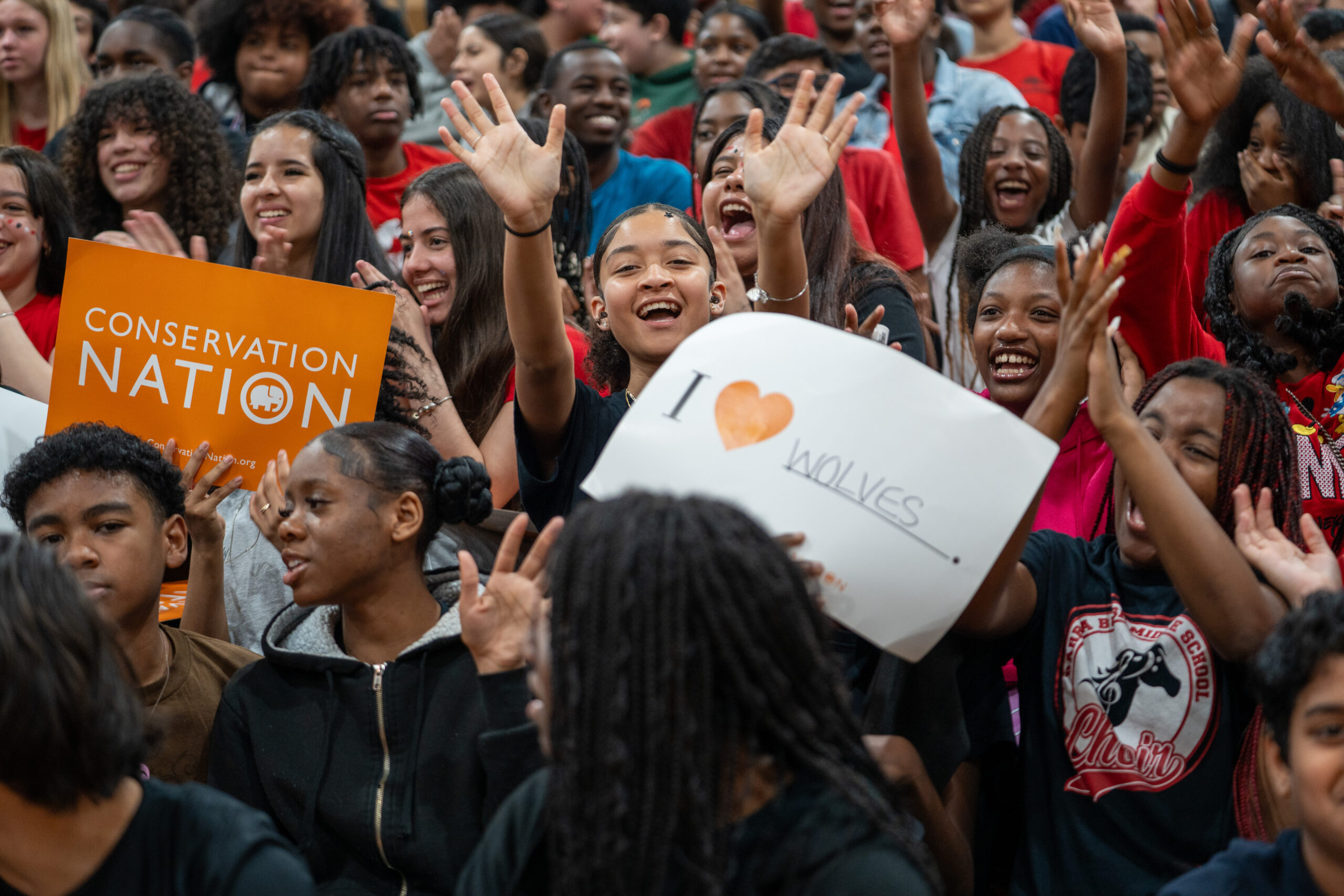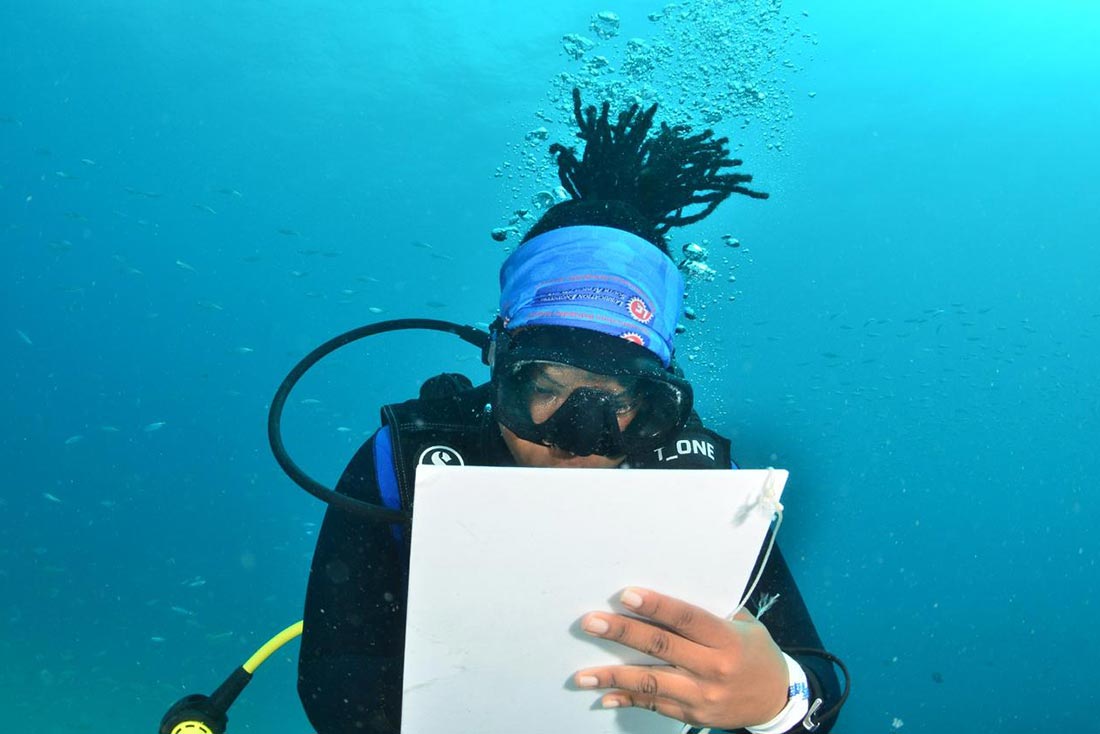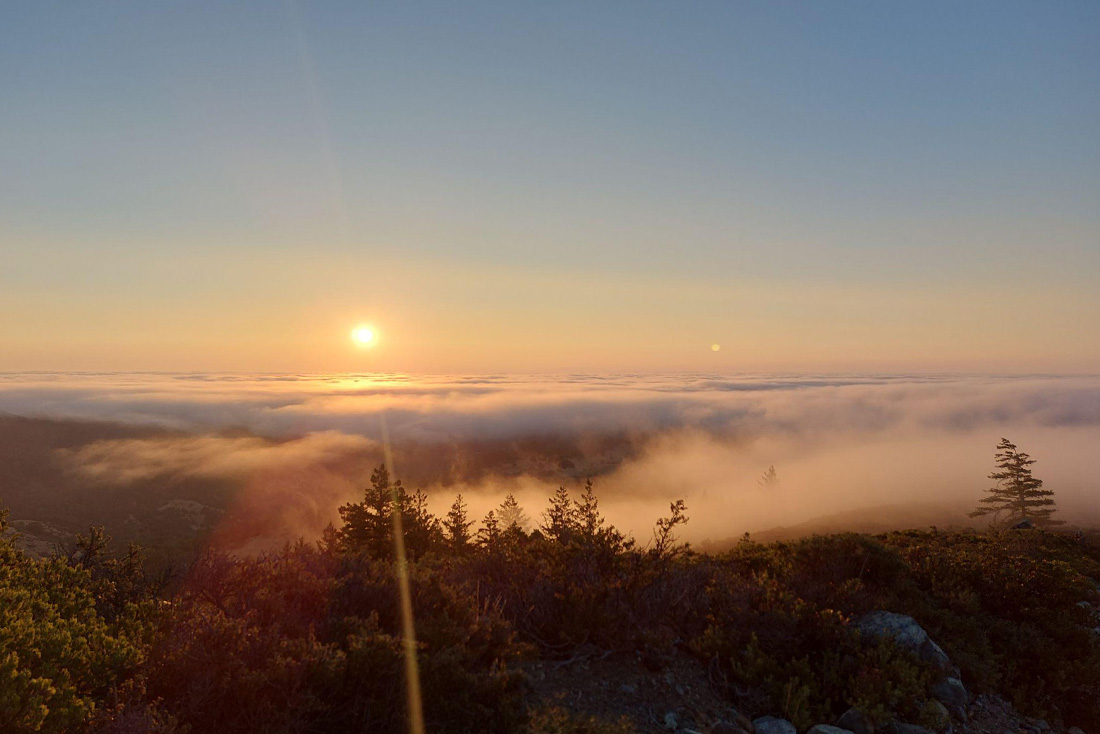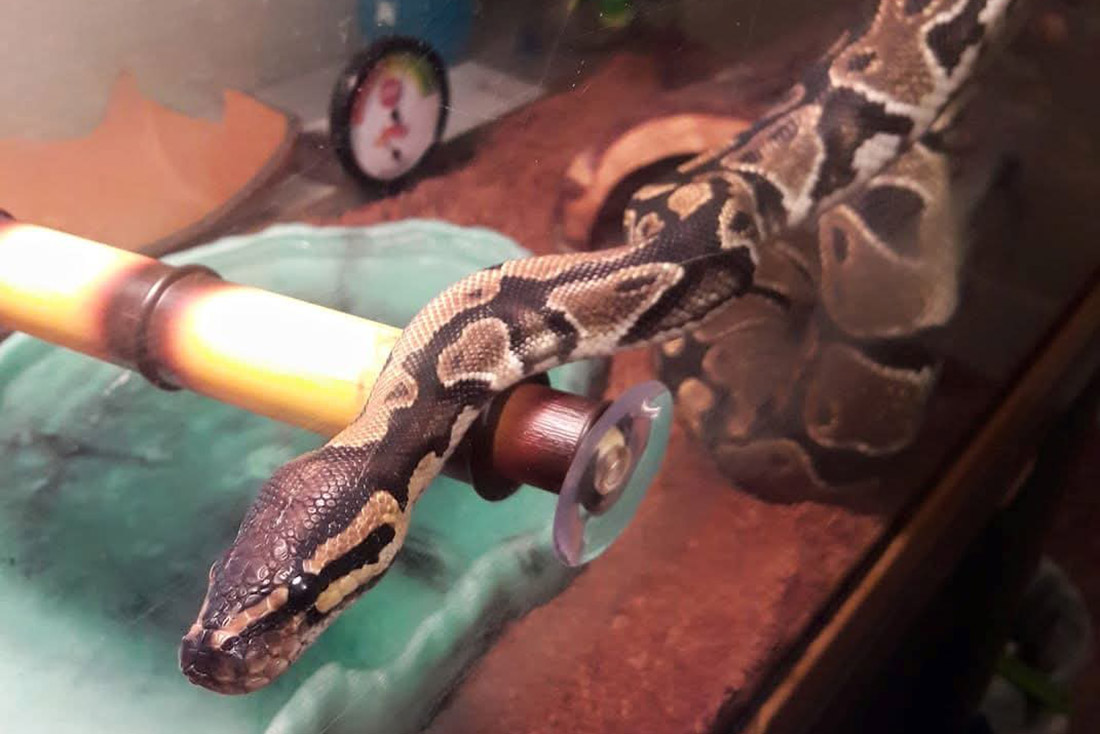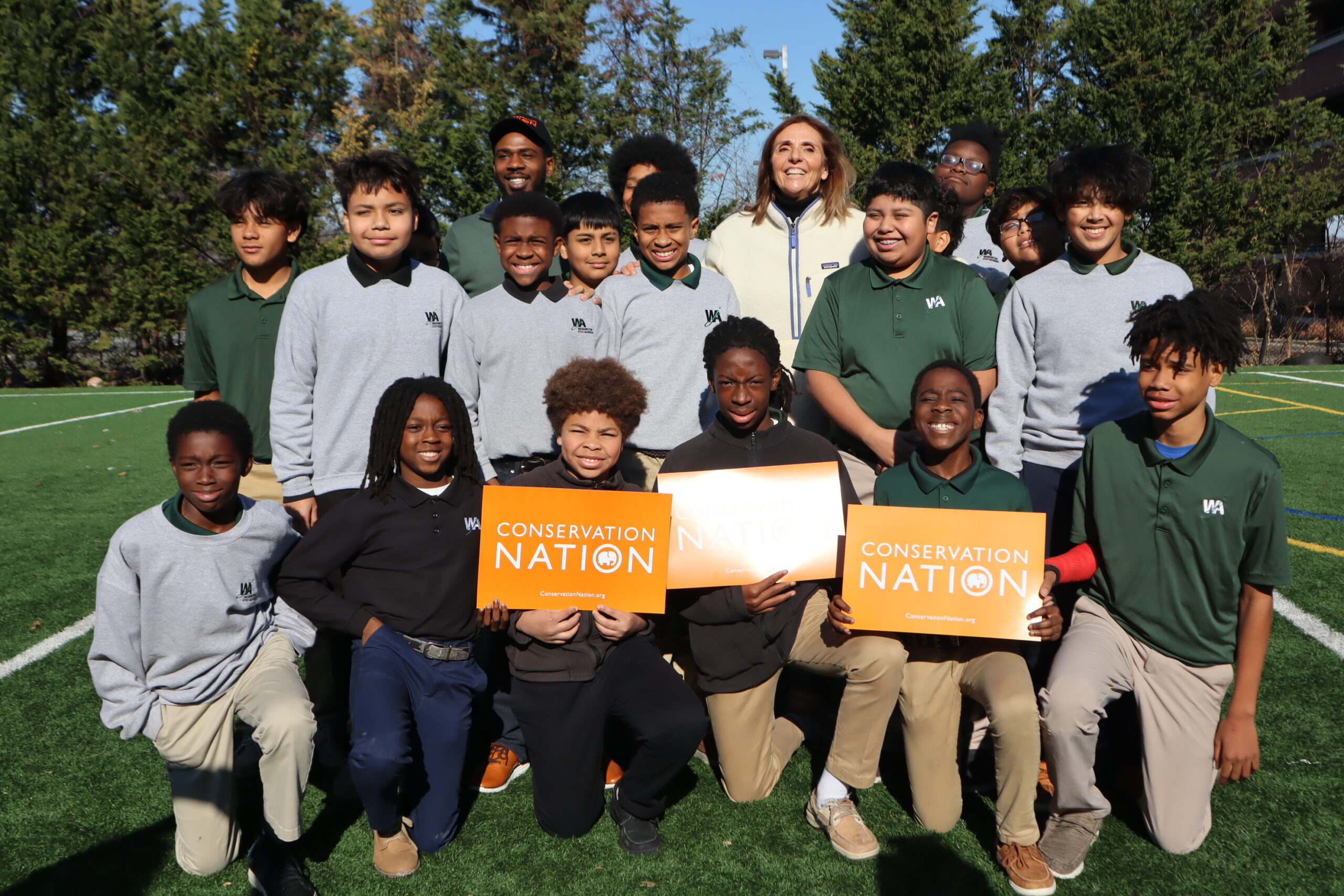Eavesdropping on cetaceans—someone’s got to do it. And thanks to Conservation Nation, and supporters like you, that someone is going to be marine biologist Dr. Ximena Velez-Zuazo and her team.
Dr. Velez-Zuazo borrowed the equipment she needed last year to record marine mammals’ underwater sounds off the coast of Peru. She was able to discover multiple species had made the area their home, and near a busy maritime port, no less. To really protect these species, though, the scientists need more data. That’s where Conservation Nation comes in.
We’re going to get Dr. Velez-Zuazo not one, but three acoustic recorders, so she can continue her study. These recorders – and the data they provide – will be instrumental in determining how humans are interacting with animals near the port.
“Every month, we conduct long walks along the beach at the central coast of Peru. We cover 16 kilometers and record any stranding we detect,” Dr. Velez-Zuazo says. “Many of the strandings are of the two most elusive species: the dusky dolphin and the Burmeister’s porpoise. We are uncertain if the stranding is the result of the interaction with fishing nets and hooks used by fishermen at the beach or if they are drifting from southern areas with high fishing pressure.”
That’s not the only piece of the puzzle the team might solve with more data—if they can determine when the animals are visiting the terminal and where they are usually clustering, they might be able to recommend reducing human maritime activity during those times.
“To help species you need to know them. Or at least where they are, how many, and for how long,” Dr. Velez-Zuazo says. “By acquiring our own equipment, we will be able implement a long-term study according to our experimental design.”
Start a fundraiser to help Dr. Velez-Zuazo and her team today. Let’s help them figure out how they can protect these marine mammals so dolphins are rarely if ever found stranded on Peruvian shorelines.

